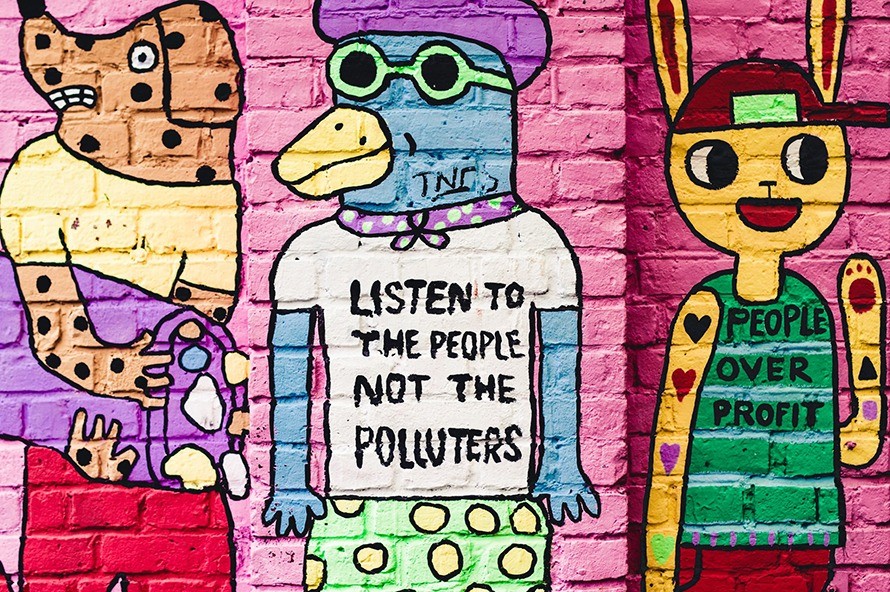Universities, it’s time for a shake-up.
Year13’s YouthSense research has found that 87% of Gen Z students want sustainability incorporated into university course content, showing just how pervasive a mindset it is with young people.
Due to their worries surrounding climate change and plastic pollution, young people want to live as sustainably as possible and when it comes to their work it’s no different.
For Gen Zs, it’s not just about what they want. It’s what the world needs.
But getting one expert lecturer in a year isn’t enough. It’s collaborating with professors across the latest technologies, and having the boldness to adopt new thinking, rewrite curriculums, introduce innovative courses, and offer more opportunities for these eager students to participate in extracurricular sustainability activities.
Universities across Australia have begun to align their teachings with the sustainable development goals established by the United Nations. There is still a lot to do, so let’s hold onto this promise – with urgency.
For example, fashion students at RMIT University are looking at overproduction and overconsumption, working with more eco-friendly and recycled materials, and experimenting with composting fabrics.
Over at UTS, sustainability is “a central principle of modern design”, integrated across design, architecture and urban planning. More specifically, architecture students are learning about low-energy design solutions and renewable energy sources.
In 2020, The University of Sydney launched postgraduate degrees for engineers to have a more holistic approach, analysing and designing sustainable solutions across the energy sector, as well as water and food systems.
On top of this, universities can build a campus culture of shared responsibility towards a sustainable future. This can look like sourcing electricity from renewable sources to power up properties, encouraging staff and students to find eco-friendly modes of transportation to and from the grounds, and beautifying hang-out spots with sustainable landscaping that foregrounds and honours Indigenous Australian knowledge.
Gen Zs are pushing for a sustainable future so it’s time to learn how.






